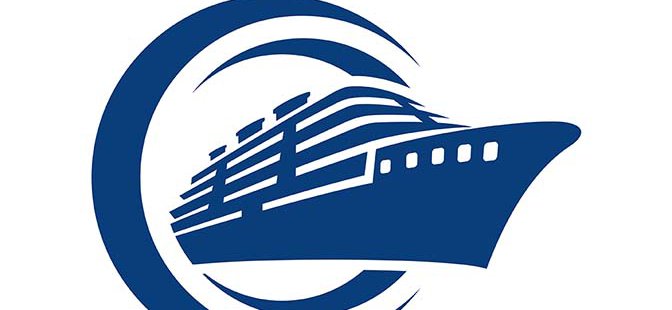
NeCom - Reducing the energy consumption of the interior of the cruise ship with new air conditioning and acoustic concepts, taking passengers’ environmental satisfaction into account
The goal of the project is to create generic knowledge and know-how based on scientific evidence, which can be used to develop soundproofing and ventilation solutions for cruise ships in such a way as to promote the sustainable development goals of Meyer Turku Oy's VETURI program. The goal is to research and develop concepts and solutions that can significantly reduce the ship's fuel consumption during its entire life cycle. The goal is to reduce the energy consumption of the air conditioning in the cabin area to half of the current one with a new cooling concept, reduce the energy consumption of the air conditioning with the necessary ventilation control and reduce the mass of the structures in the cabin area by more than 10% of the current one. These can be used to achieve 3.0%, 0.4%, and 0.5% reductions in fuel consumption during the entire life cycle, respectively. The total consumption saving potential is 3.9%. In addition, the goal is to investigate the possibilities of using materials with a lower carbon footprint than the current one.
The project is carried out by the Turku University of Applied Sciences' built environment research group, which consists of 13 researchers in acoustics, air conditioning, construction technology and psychology. The project does not involve members of the teaching staff. The project includes studies in the acoustics laboratory (acoustic structures), the air conditioning laboratory (air conditioning solutions), the psychophysics laboratory (human effects of indoor conditions while awake and asleep), indoor conditions studies on cruise ships and indoor conditions studies in the financiers' Mock Up environments (total solutions). The scientific research results of the project's work packages are public after the project. The two subtasks of the project involve international research cooperation, which complements the research group's expertise and increases the effectiveness of the research results.
